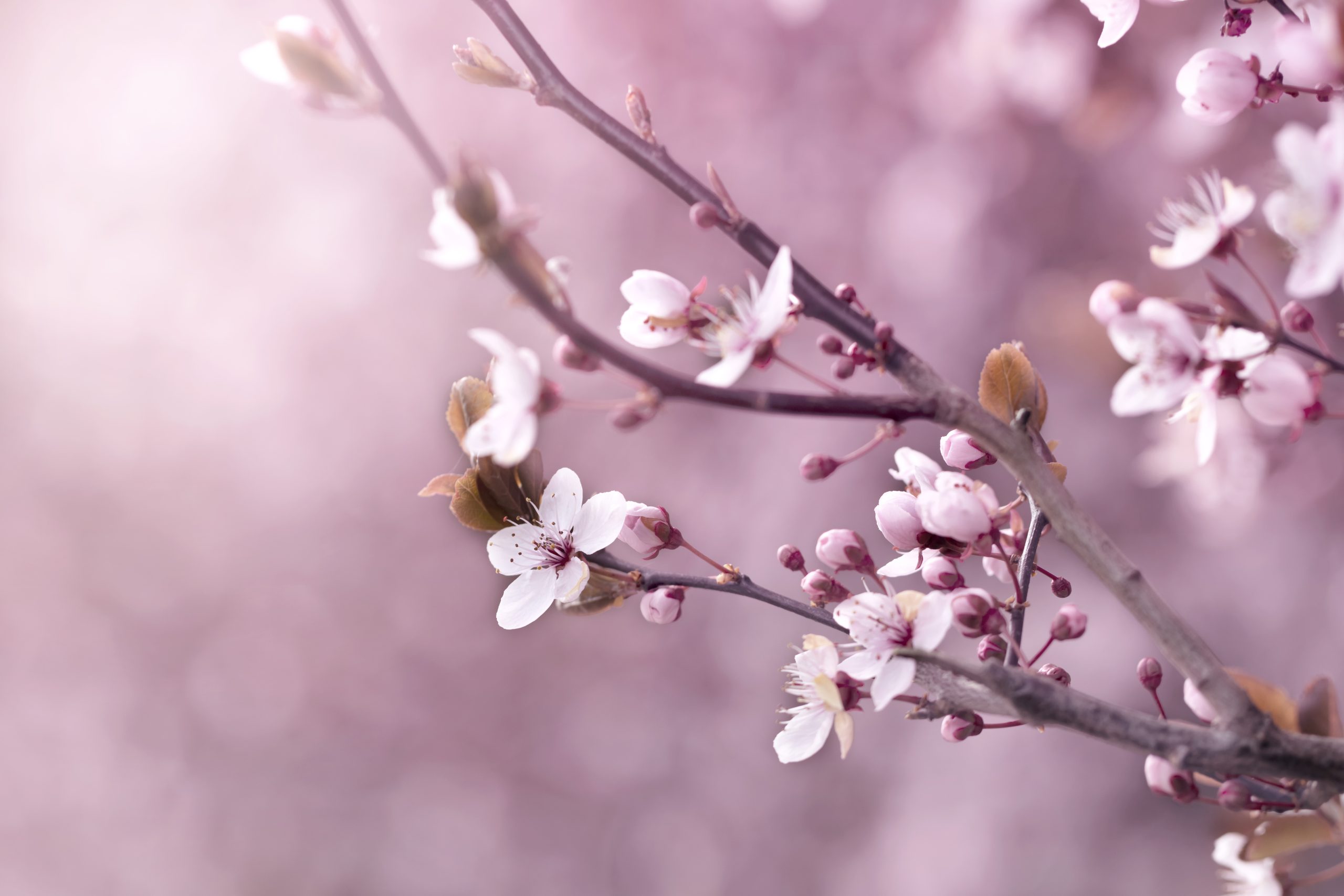An exploration of collaborations between scientists and artists for a flourishing biosphere
Keynote Speaker
Prof. Henrik Österblom,
Director, Anthropocene Laboratory, Royal Swedish Academy of Sciences, Stockholm University
In this seminar, we will explore why and how meaningful collaborations between scientists and artists can drive change in a world increasingly shaped by ecological, climatic, and social instabilities, as well as disruptive technologies.
Prof. Henrik Österblom, founding director of the Anthropocene Laboratory at the Royal Swedish Academy of Sciences, will deliver a keynote presentation, followed by a discussion with scientists and artists active in Luxembourg and beyond.
Discussants
Sarah Hager (Humboldt Universität Berlin)
Justine Blau (Artist, Luxembourg)
Joëlla van Donkersgoed (Luxembourg Centre for Contemporary and Digital History)
Moderators
Anouk Wies (Head of the Cell for Cultural Affairs)
Ariane König (University of Luxembourg)
Keynote presentation
If You Are Never Lost, How Can You Be Found?
Speaker: Prof. Henrik Österblom
Academics working on sustainability often face frustration with the slow pace of social progress, political short-termism, and increasing polarization. When scientific knowledge is dismissed as opinion and decision-makers prioritize immediate gains over long-term solutions, it can be tempting to give up.
An alternative is to embrace uncertainty and collaborate beyond traditional boundaries. In 2014, Prof. Henrik Österblom met two Chilean artists at a seminar in Uruguay. With no funding, no plans, and no predefined goals, they embarked on a mutual exchange, striving to understand each other’s worlds. Despite initial failures, their collaboration evolved into published books, exhibitions, and new ways of engaging with science and society.
This talk explores how unconventional collaborations between scientists and artists can foster creativity, patience, and new ways of thinking, leading to unexpected discoveries and deeper appreciation of the world. It invites participants to reconsider how knowledge is produced and shared, asking:
- How does art challenge the limits of science?
- What can scientists learn from artists?
- Can interdisciplinary collaborations lead to breakthroughs
Henrik Österblom is the Director of the Anthropocene Laboratory at the Royal Swedish Academy of Sciences and Professor at Stockholm University. His research focuses on science-policy interactions, corporate engagement, and artistic collaborations, particularly in the fields of sustainability and planetary resilience.
He has served as an advisor to the Swedish government and co-developed key concepts such as keystone actors, Earth altruism, and unsustainable science, shaping global sustainability discussions.
He is also the Chairman of the Natural Capital Partnership Committee at Stanford University, an Advisor to the RIKEN Institute, the Chairman of the SeaBOS Fundraising Foundation, and a Board Member of the Race for the Baltic Fundraising Foundation.
Discussion
Scientists, Artists & the Spaces Between
Following the keynote, a discussion will explore how collaborations between scientists and artists can break disciplinary boundaries and drive new ways of thinking.
Moderators:
- Anouk Wies (Head of the Cell for Cultural Affairs, University of Luxembourg)
- Ariane König (University of Luxembourg)
Discussants:
- Sarah Hager (Humboldt Universität Berlin) – Reinterpreting wetlands through artistic and scientific perspectives
Sarah Hager is an interdisciplinary researcher specializing in historical epistemology and artistic research, focusing on collaborations between art and science. She was previously a Senior Scientist at the Faculty of Cross-Disciplinary Strategies at the University of Applied Arts in Vienna and conducted field research at Peking University’s Department of International Development Cooperation within the Institute for New Structural Economics.
A graduate of Oxford University in the UK and Federico II in Italy, she is currently a doctoral candidate at Humboldt Universität Berlin, researching knowledge practices and future conceptions in the climate implementation gap.
- Joëlla van Donkersgoed (Postdoctoral Researcher, Luxembourg Centre for Contemporary and Digital History)
Joëlla van Donkersgoed is a postdoctoral researcher coordinating HistorEsch: Public History Activities in the city of Esch-sur-Alzette, Luxembourg. She holds a Ph.D. in Cultural Heritage and Preservation Studies from the Art History Department at Rutgers, the State University of New Jersey, USA (2020). She also earned a Bachelor’s and Master’s degree with a specialization in public archaeology and archaeological heritage management from Leiden University, the Netherlands.
- Justine Blau (Artist, Luxembourg) – Investigating the political dimensions of plant life
Justine Blau is a visual artist exploring the relationship between culture, perception, and the natural world through photography, film, and public installations. Her work examines how visual culture shapes our unde standing of ecological systems.
She has exhibited internationally, including solo shows at Annexe Esch22 and Nei Liicht in Luxembourg and CAPE in Ettelbruck. Her work has also been featured in major group exhibitions such as Re-Retour de Babel, Rethinking Nature, and Landmark: The Fields of Photography.
Beyond exhibitions, she engages in publishing, public art, and interdisciplinary collaborations. In 2023, she published Veil of Nature, exploring photography’s role in environmental narratives, and produced the film Phusis with the Film Fund Luxembourg. She has contributed to public art projects such as Deep Time, Sôma, and The Circumference of the Cumanán Cactus.
Blau has received grants and fellowships from Kultur Lx, the Centre National de l’Audiovisuel, and the Arts Council England. She holds a master’s degree in fine art Sculpture from Wimbledon College of Art, University of the Arts, London.
This event is free and open to all. Join us for an inspiring morning of exploration, dialogue, and creative collaboration!
Registration is mandatory via Asadi.hamid@uni.lu
Organised by Mrs. Anouk Wies (Head of the Cell for Cultural Affairs) and Prof. Ariane König (University of Luxembourg, Regenerative Social-Ecological Systems Research), this seminar invites you to engage in an open dialogue on the power of crossdisciplinary collaborations
